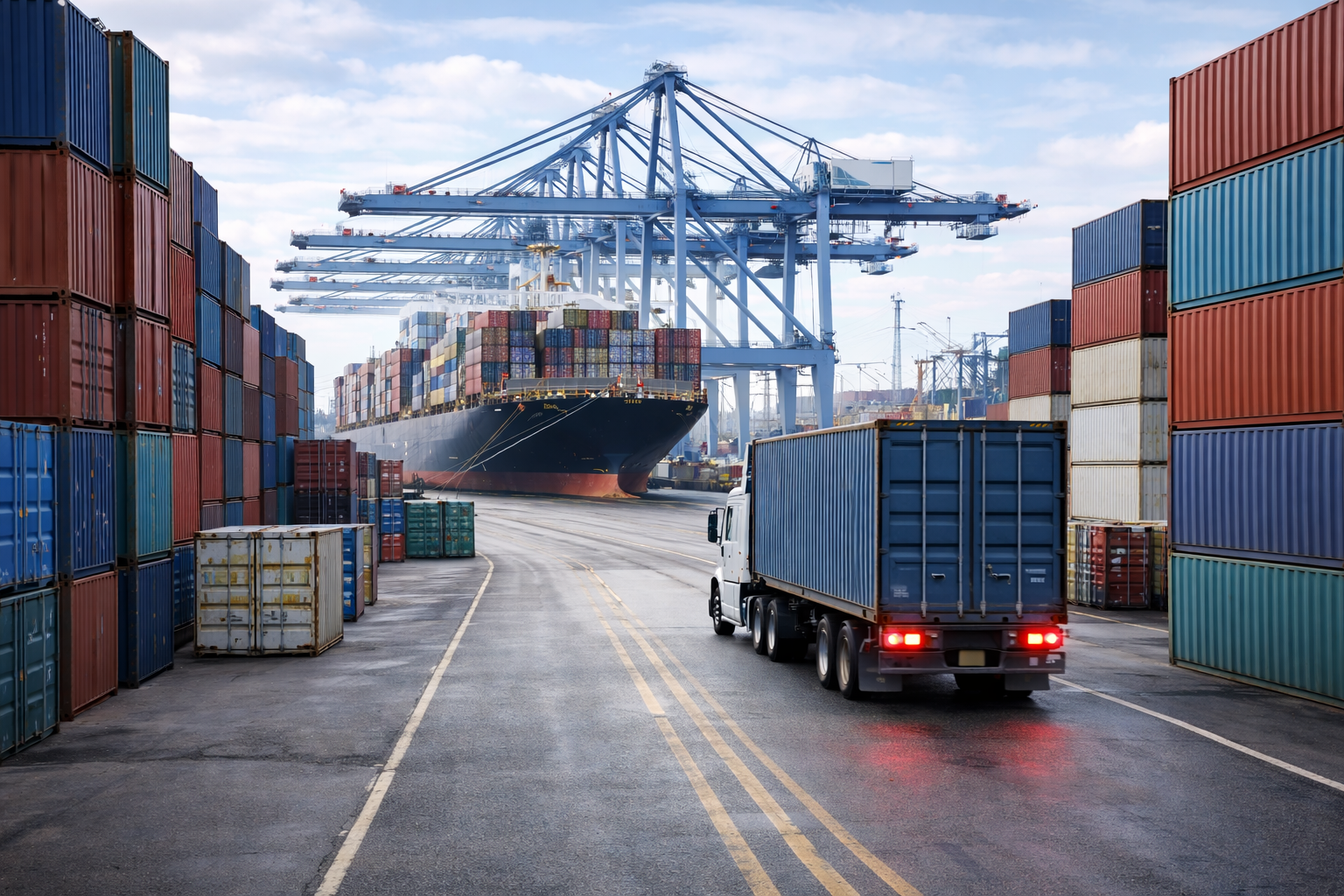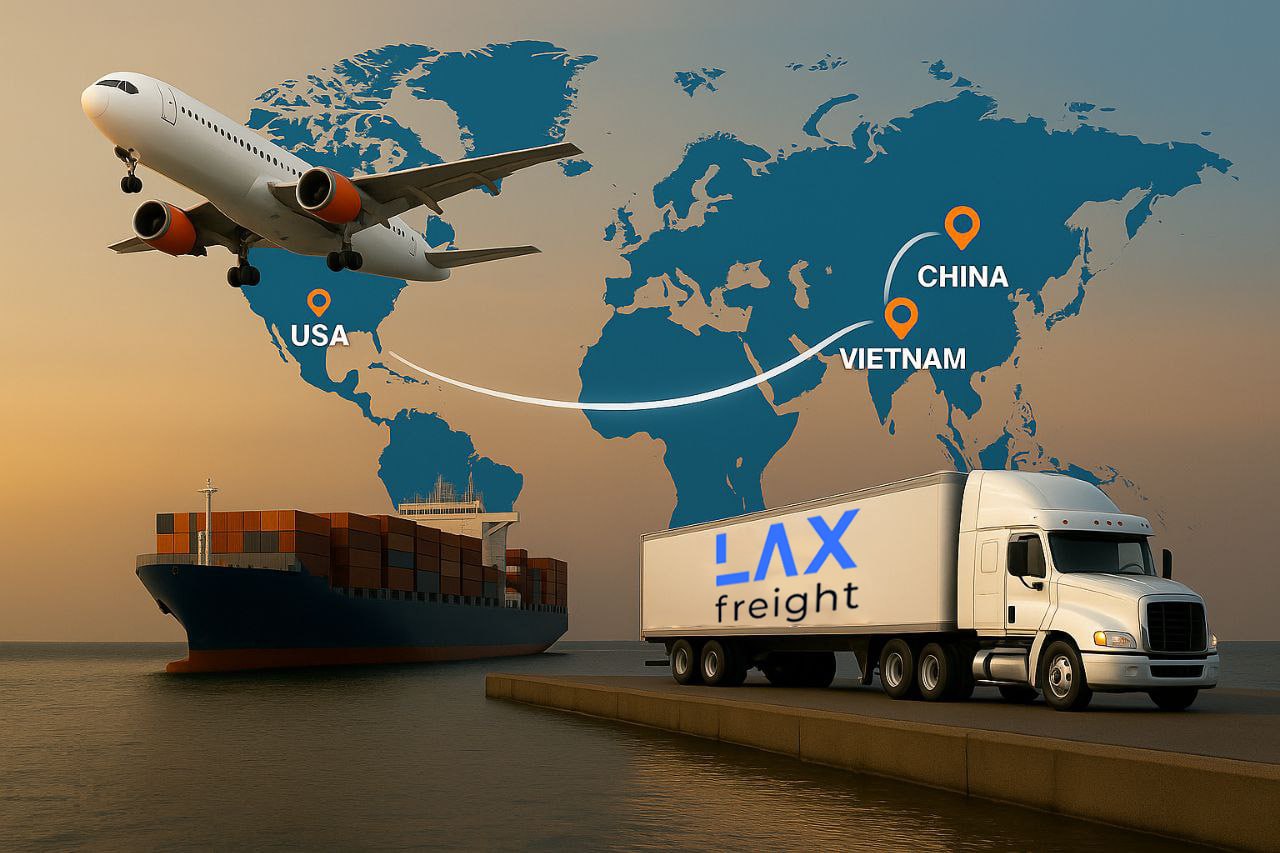In the world of transportation, trucking risk management plays a pivotal role in ensuring the smooth and secure movement of goods. With the inherent complexities and challenges involved in trucking operations, a comprehensive understanding of risk management in trucking is essential for businesses to thrive in this dynamic industry.
Risk management is important for transportation industry because of the high stakes and thin margin of error involved. Consequently, to minimize potential threats, save their assets and make sustainable growth possible amid heightened competition, companies have to manage these risks effectively, adhere to regulations as well as be proactive.
What is Risk Management in Trucking?
Risk management in trucking involves the systematic identification, assessment, and mitigation of potential risks that can impact the safety, efficiency, and profitability of transportation operations. It encompasses a range of strategies and practices aimed at minimizing exposure to risks while maximizing opportunities for success.
What are the Risks of the Trucking Industry?
The trucking industry has various hazards, such as accidents, cargo thefts, infringing various laws and regulations, shortages of drivers, fuel price fluctuations, and natural disasters. Therefore, these risks can strongly interrupt the supply chain, cause financial losses, and spoil organizations specializing in the provision of transport services’ image.
Regulatory Compliance and Risk Mitigation
Managing risk effectively in trucking requires regulatory compliance. Obeying various laws prevents one from getting sued by adding safety measures and other operational improvements. Remaining informed about new laws and setting up good rules for legal adherence allow organizations involved in the trucking business to avoid many dangers while still working under clear guidelines.
Effective Risk Management Strategies
Route Optimization
Optimizing routes is critical for minimizing transportation risks and improving operational efficiency. Companies might capitalize on sophisticated route planning software and live traffic information to reduce fuel consumption, lessen accidents and delays, and alleviate vehicle wear and tear.
Driver Training and Education
To lower the dangers of human mistakes, investing in well-rounded programs that train and teach drivers would be wise. By giving necessary skills to operators, businesses could make driving safer, which will lead directly to fewer crashes and lower liability risk.
Cargo Security Measures
Risk management is essential for safeguarding shipments, including against theft and harm. Tamper-evident seals, GPS tracking systems, and secure parking facilities are some of the strategies that, when implemented, can prevent theft, raise the company’s profile on the radar screen, and protect precious commodities from damage throughout their journey.
Compliance with Regulations
Compliance with regulations governing driver hours-of-service, vehicle maintenance, and load securement is critical for mitigating legal and operational risks. By establishing rigorous compliance protocols and conducting regular audits, businesses can ensure adherence to regulatory requirements and maintain a culture of safety and accountability.
Telematics and Fleet Management
If telematics and the technology for managing fleets are implemented, significant information can be gained from driver performance, vehicle performance, and operation efficiency. Monitoring important parameters, such as fuel consumption, idleness, and adherence to routes, can help identify places where waste can be reduced, resources optimized, and danger levels brought down.
Conclusion
Effective risk management is indispensable in the transportation industry, where the stakes are high, and the margin for error is slim. By understanding the risks, complying with regulations, and implementing proactive strategies, businesses can mitigate potential threats, protect their assets, and drive sustainable growth in an increasingly competitive landscape.
Partnering with LAX Freight further enhances your risk management efforts. With a reputation for reliability and efficiency, LAX Freight offers tailored solutions to ensure your loads are delivered fast and secure. Their expert team leverages advanced technology, rigorous security protocols, and strategic route planning to optimize performance and minimize risks throughout the transportation process.
Safeguard your transportation operations, mitigate risks, and optimize performance with strategic risk management and the support of LAX Freight. Act now to secure your success in the trucking industry.



